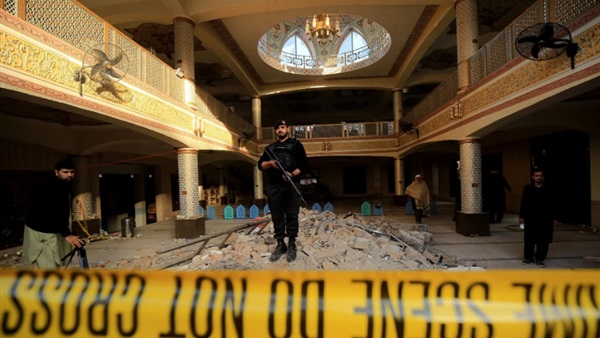Tragedy in Peshawar: The Return of Terrorism and its Impact on a Nation

Terror has once again struck the city of Peshawar in
northwestern Pakistan as a suicide bombing at a mosque left 101 people dead.
The incident has sparked fear of a new wave of militancy from the Pakistani
Taliban and raised questions about the government's ability to counter the
threat amid the current economic and political crisis. The attack has also
reignited memories of the past decade when Peshawar was synonymous with the
destruction caused by the militants. Despite the militancy mostly being pushed
out of the region post-2015, the city had dared to hope that it had left behind
the days of terror. However, with this recent attack, those hopes have been
shattered.
The bombing is seen as a sign that the Pakistani Taliban,
who claimed responsibility for the attack, is regaining its strength with safe
havens in Afghanistan. The scale of the attack has raised alarm, as it targeted
policemen at a mosque in a secure neighborhood near several significant
government and military buildings. The majority of the casualties were police
officers and government employees who were praying at the mosque.
Peshawar has suffered from conflict for the past 40 years,
starting as a staging ground for fighters in the 80s, then becoming a refuge
for Taliban and Al Qaeda members after the fall of the Taliban regime in
Afghanistan in 2001. The city was the center of conflict in 2007 when the
Pakistani Taliban emerged as one of the deadliest militant organizations in the
country. Although the Pakistani military offensive pushed most TTP fighters
into Afghanistan, the Afghan Taliban's takeover of Kabul in 2021 has not
resulted in the expected reining in of TTP. Instead, the TTP has regrouped,
with reports of extortion and threats of violence, causing widespread panic in
the region.
The attack in Peshawar comes at a time when the government
is facing immense economic and political turmoil, and security threats have
taken a backseat. Critics argue that the government's focus has been consumed
by these issues and has ignored the TTP and the growing influence of the
Islamic State affiliate in Afghanistan.







